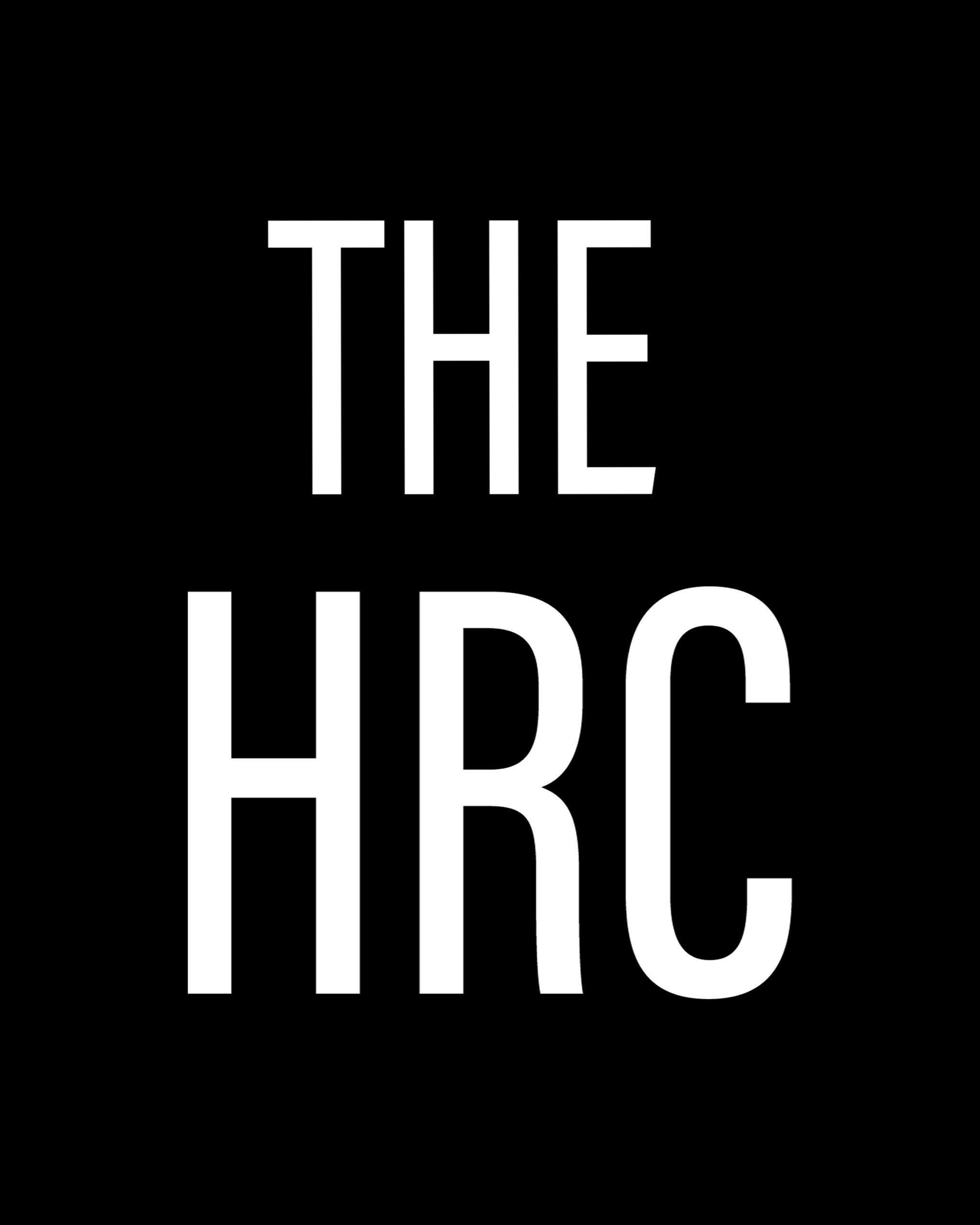Why should I deposit my research and/or scholarship into the Runner Scholar (RS) repository?
[bg_collapse view=”button-orange” color=”#4a4949″ expand_text=”Show More” collapse_text=”Show Less” ]
Benefits of depositing scholarship/research in the RS include:
Increased dissemination and impact of your research. RS provides high visibility and increased access to your research. The descriptive information about your deposited works will be made available to Google Scholar (http://scholar.google.com/), OAISTER (http://oaister.umdl.umich.edu/o/oaister/), and other services. Some studies have shown that research and scholarship openly available on the web have increased impact and higher citation than research and scholarship that is not. See http://opcit.eprints.org/oacitation-biblio.html for a bibliography of studies on the impact of open access.
Persistence and Preservation. RS provides persistent, permanent urls to your digital research and makes a commitment to preserve your digital content.
Control. When you deposit into RS, you retain your copyright. Even if the work has been published many publishers will allow you to deposit your work into institutional repositories.
Presentation and promotion of your research. Faculty may create a custom page highlighting their research. You can link directly to this page.
[/bg_collapse]
What types of materials can I deposit in Runner Scholar?
[bg_collapse view=”button-orange” color=”#4a4949″ expand_text=”Show More” collapse_text=”Show Less” ]
- Pre-prints and post prints of articles
- Published journal articles [with permission confirmed]
- Curriculum materials
- Conference papers
- Presentations
- Photographs & other visual media
- Sound & video recordings
- Datasets
- Governance & administrative records
[/bg_collapse]
Does posting my research to Runner Scholar violate copyright agreements that I have made with the journals that have published my articles?
[bg_collapse view=”button-orange” color=”#4a4949″ expand_text=”Show More” collapse_text=”Show Less” ]As an author, you retain copyright to materials that you submit to Runner Scholar unless you have signed that copyright away to another person or company. It is important that you carefully read the publishing agreement you signed with your publisher. If you assigned copyright to your publisher, you may be able to negotiate rights to deposit your work into Runner Scholar. More and more publishers are recognizing authors’ rights to post pre-prints of their work online. Many allow authors to make post-prints available online. This is true even of some of the largest commercial publishers and many society publishers. If you would like to know where your publisher stands on this issue, visit the Sherpa website at http://www.sherpa.ac.uk/romeo.php. You may already have permission to post your work in Runner Scholar without having to negotiate any special agreement with your publisher.[/bg_collapse]
Who determines the items and their quality that may be uploaded into Runner Scholar?
[bg_collapse view=”button-orange” color=”#4a4949″ expand_text=”Show More” collapse_text=”Show Less” ]Materials submitted should be of a scholarly nature and should be the intellectual property of the author. It is the responsibility of the repository librarian to set standards for the material that authors may contribute. In setting up the infrastructure for a Collection, the repository librarian or staff will consult with Collection representatives about specific policies and access restrictions. Participating authors will be required to use the intake form for every entry into RS before an entry is approved. This ensures standards for scholarship and metadata are being consistently met.[/bg_collapse]
Who has access to the items deposited into Runner Scholar?
[bg_collapse view=”button-orange” color=”#4a4949″ expand_text=”Show More” collapse_text=”Show Less” ]The repository librarian sets the overall policy as to what may be accessed. However,individual authors along with the repository librarian decide on the access to specific materials. The Library will work with an author to set up the necessary infrastructure in support of those policies. The software allows contributors to limit access to items in Runner Scholar.[/bg_collapse]
What is open access and how does it relate to the Runner Scholar?
[bg_collapse view=”button-orange” color=”#4a4949″ expand_text=”Show More” collapse_text=”Show Less” ]
An open access publication is one that meets the following two conditions:
The author(s) and copyright holder(s) grant(s) to all users a free, irrevocable, worldwide, perpetual (for the lifetime of the applicable copyright) right of access to, and a license to copy, use, distribute, perform and display the work publicly and to make and distribute derivative works in any digital medium for any reasonable purpose, subject to proper attribution of authorship, as well as the right to make small numbers of printed copies for their personal use.
A complete version of the work and all supplemental materials, including a copy of the permission as stated above, in a suitable standard electronic format is deposited immediately upon initial publication in at least one online repository that is supported by an academic institution, scholarly society, government agency, or other well-established organization that seeks to enable open access, unrestricted distribution, interoperability, and long-term archiving.*
The Runner Scholar is a repository which supports the open access publishing model. As such, it is a fundamental step in transforming scholarly communication and providing more comprehensive access to research for scholars everywhere.
*(Definition taken from “A position statement by the Wellcome Trust in support of open access publishing” at: http://www.wellcome.ac.uk/doc_WTD002766.html and the “Berlin Declaration on Open Access to Knowledge in the Sciences and Humanities” at: http://www.zim.mpg.de/openaccess-berlin/berlindeclaration.html)
[/bg_collapse]

